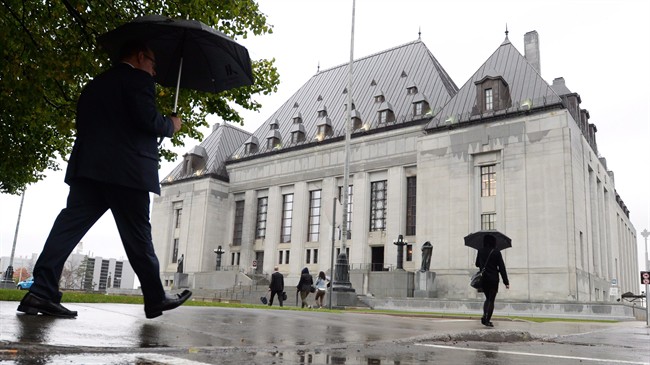OTTAWA – A decision from Canada’s highest court on Friday could impact labour legislation across the country. The Supreme Court of Canada will rule whether labour laws in Saskatchewan are constitutional.

One issue to be decided is the right to strike. The Saskatchewan government introduced essential service legislation in 2007 stating employees and unions must agree on which workers are needed in the event of a labour dispute.
The Saskatchewan Federation of Labour (SFL) said the law went too far when it stated if the two sides can’t agree, then an employer can dictate who is essential and prevent employees from walking off the job.
The other issue is union certification. The government made changes to the Trade Union Act that the SFL says makes it harder for unions to obtain certification to become bargaining agents. The SFL also said the change broadened the scope of permissible communication between employers and employees.
Larry Hubich, the head of the SFL, says both laws infringe on freedom of expression and freedom of association that are protected under the Charter of Rights and Freedom.
READ MORE: Supreme Court of Canada to hear Saskatchewan labour law challenge
In 2012, a Saskatchewan Court of Queen’s Bench judge found the essential service law was unconstitutional as there was no other law in Canada that came close to prohibiting the right to strike as broadly and as significantly.
The government appealed the decision to the Saskatchewan Court of Appeal, stating the lower court broke new ground by finding there is charter protection for the right to strike. The Appeal Court agreed, the right to strike does not have charter protection.
The lower court also found changes to the Trade Union Act did not violate the charter, a decision upheld by the Appeal Court.
The Supreme Court grants leave to appeal in cases that it feels go beyond the immediate interests of the parties involved.
With files from The Canadian Press


Comments